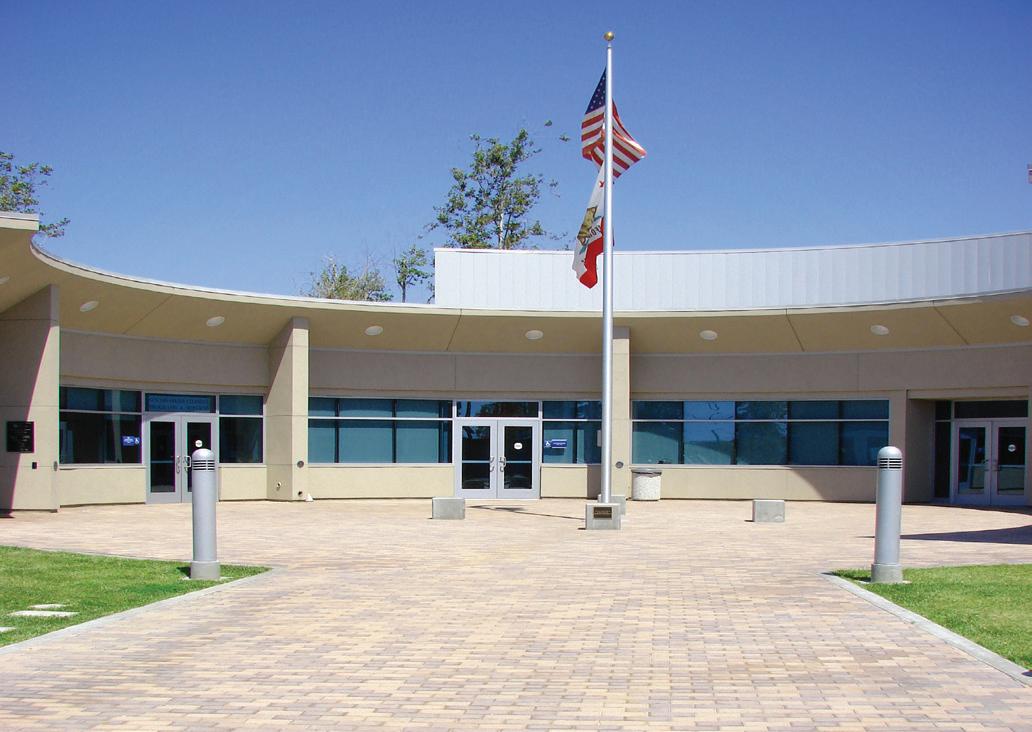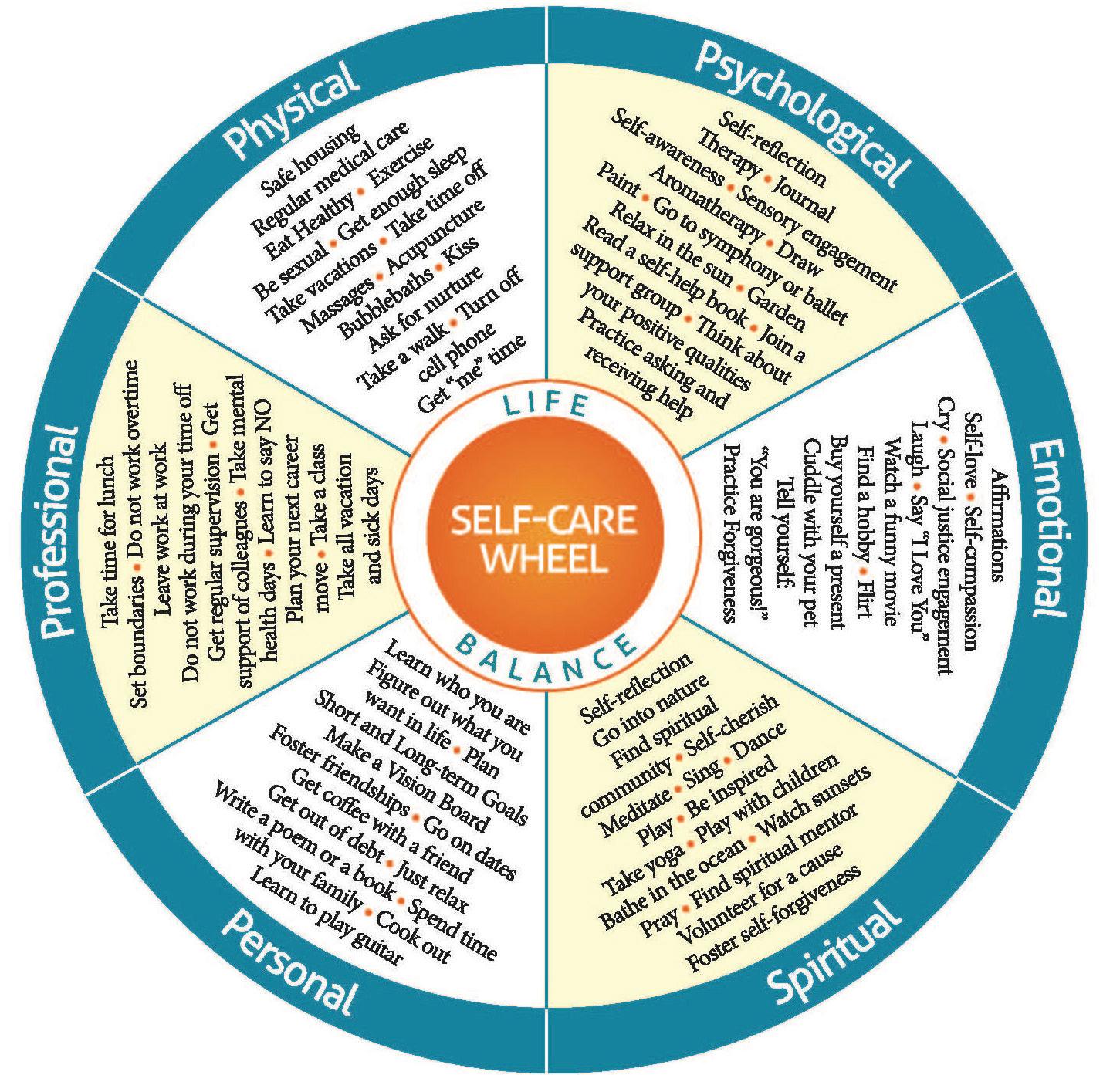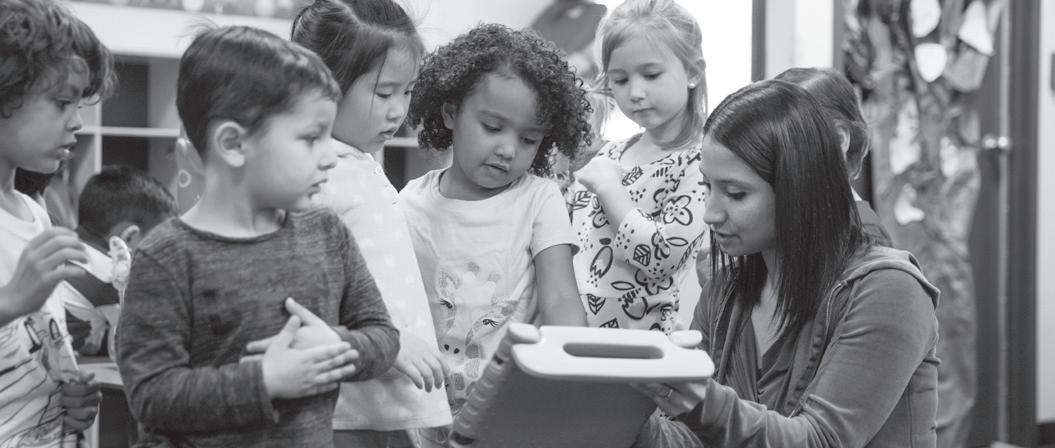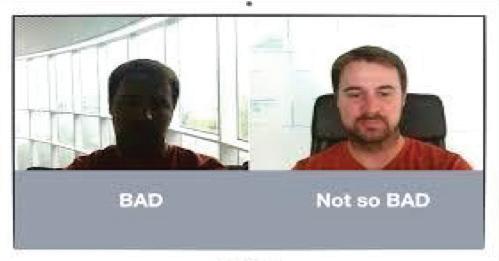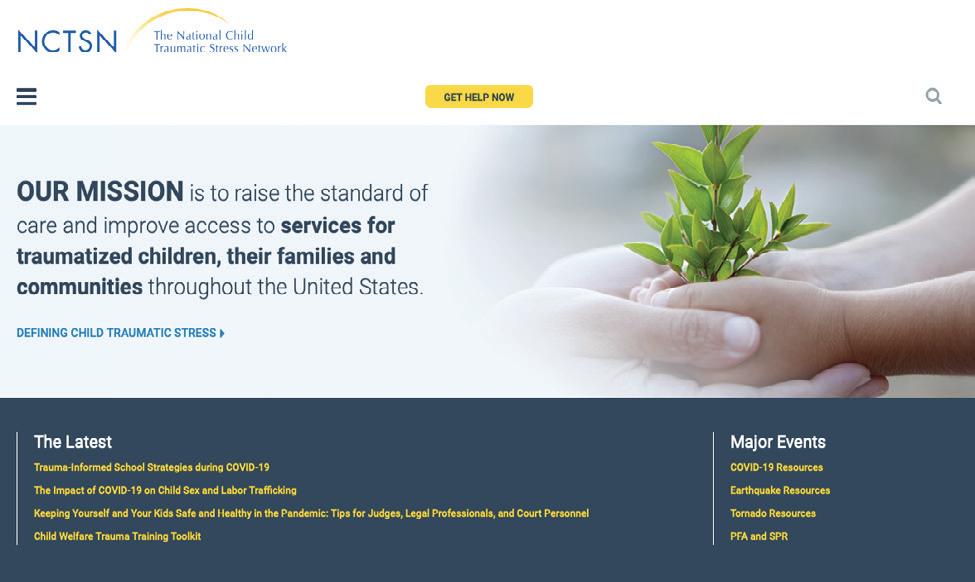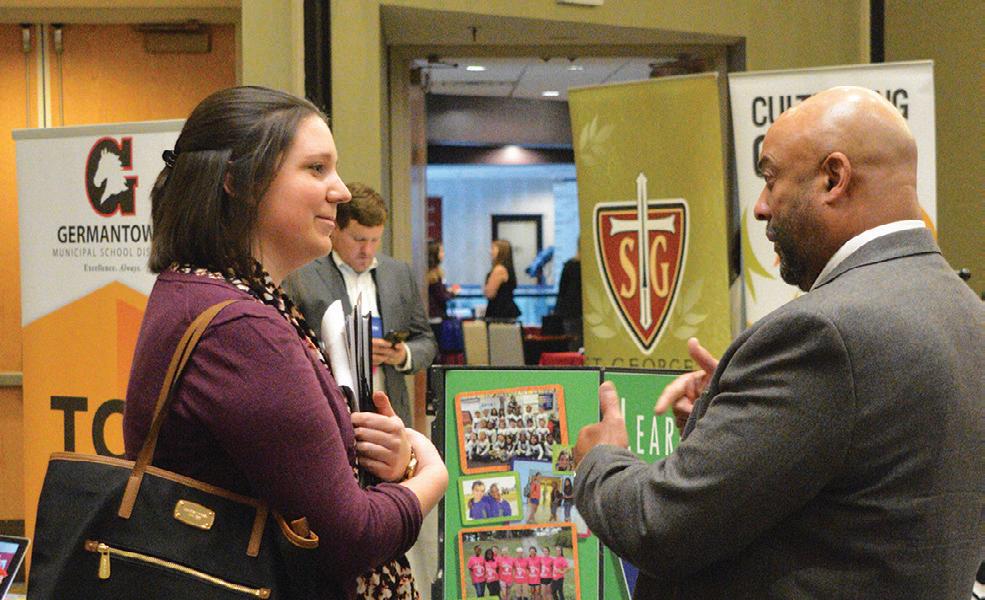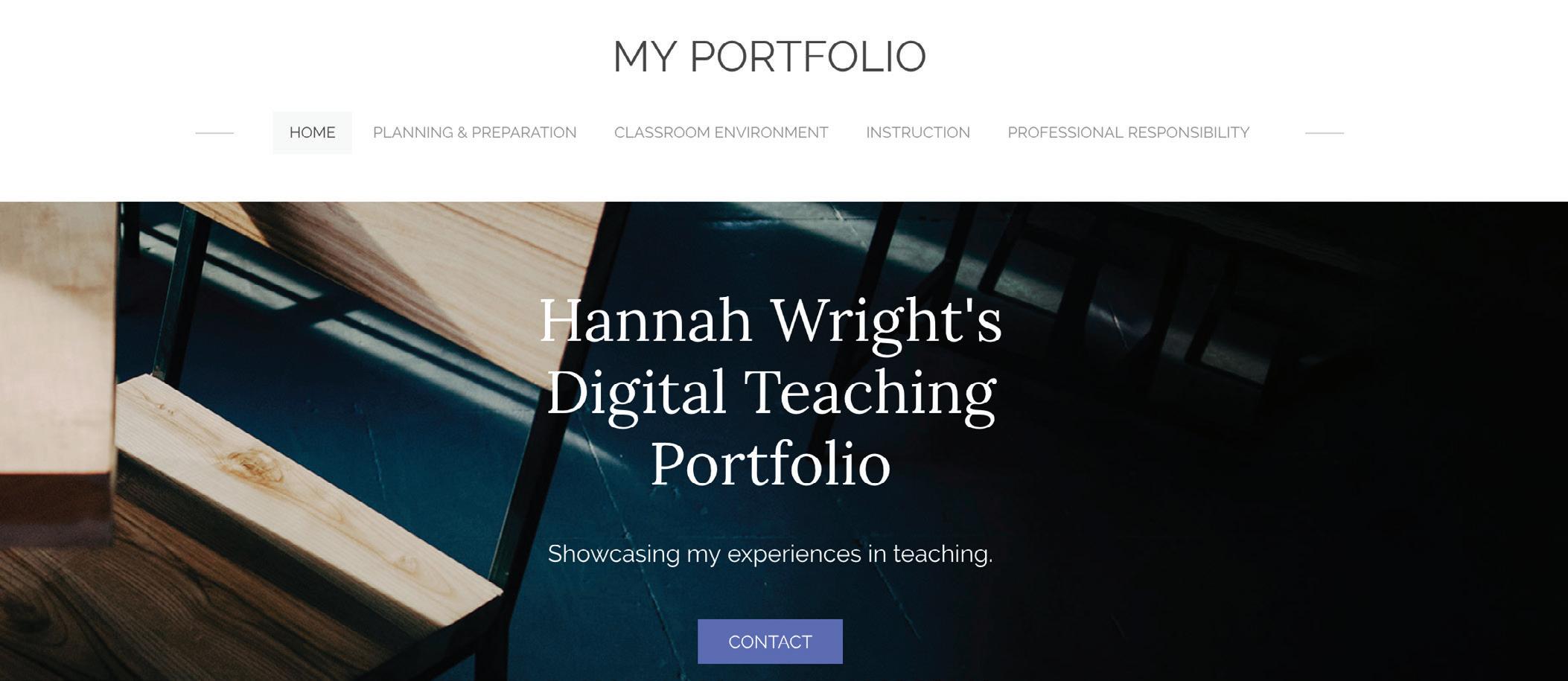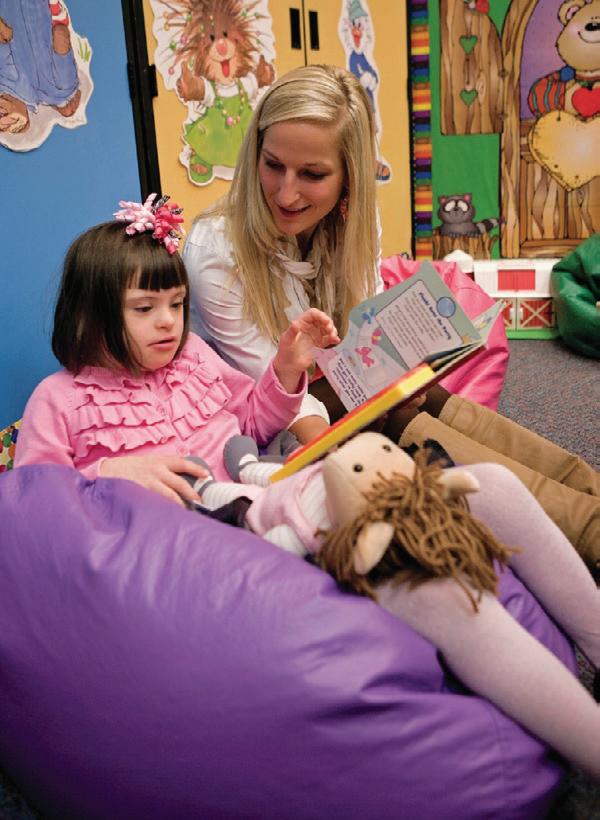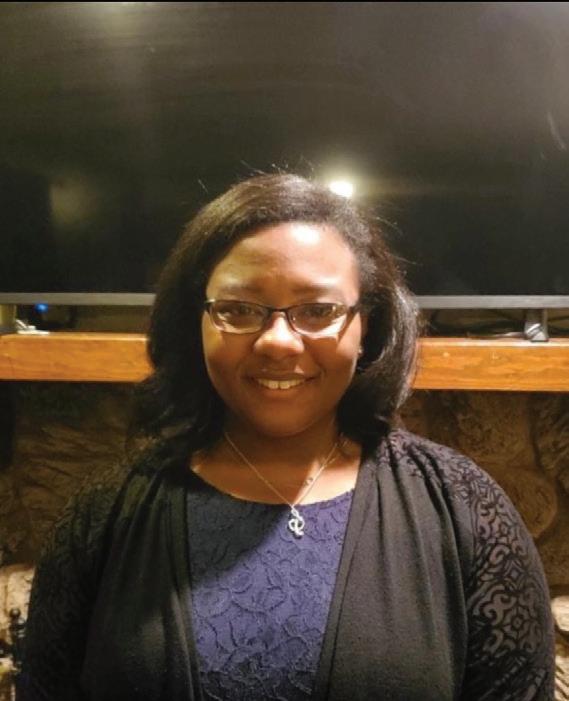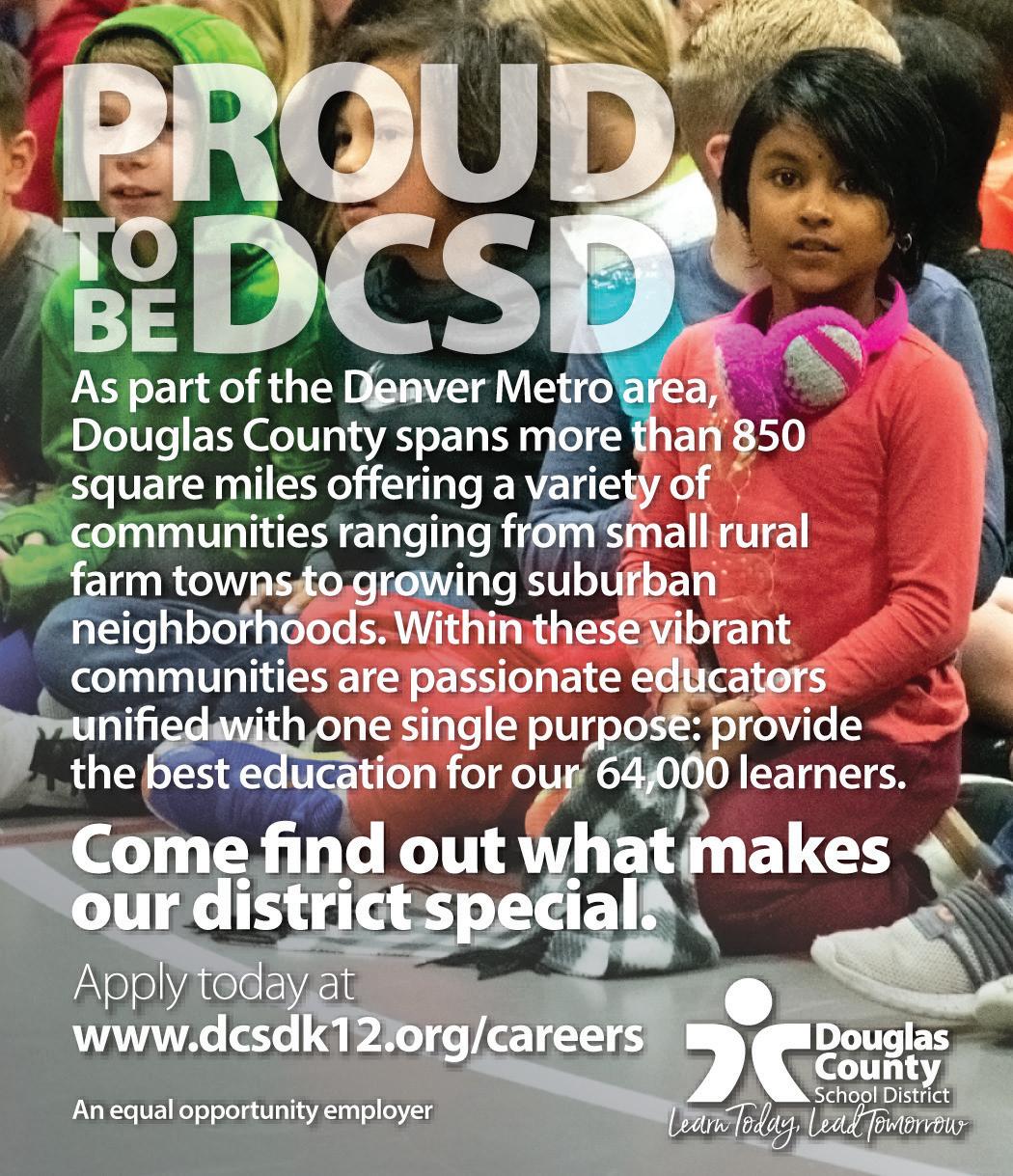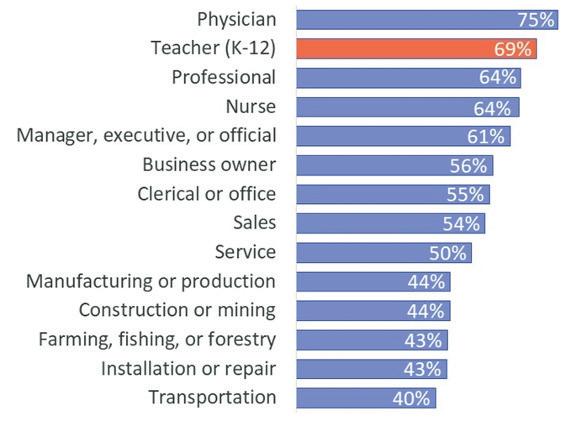Preparing for Interviews and Job Fairs
Ace Your Job Interview with Intentional Preparation Sherri L. Morris Teacher Talent and Retention Administrator, Wake County Public School System, North Carolina
A
s a recruitment specialist for a public school district, I have conducted interviews with hundreds of soon-to-be-teachers. Some of these interviews have been productive exchanges resulting in employment offers; others have been time poorly spent. I have found that the most common determining factor between productive and unproductive interviews is not the knowledge or teaching potential, but the intentionality of the candidate’s interview preparation. The interview experience is far more positive when the candidate has approached this important professional conversation with intention and thoughtful preparation. As you begin your job search, be encouraged to adopt these interview preparation strategies: ü
ü
Capitalize on your student teaching semester by immersing yourself fully in your school. Observe in special education classrooms, volunteer to tutor in an ELL classroom, chaperone a school dance, and build relationships with parents during carpool duty. Teaching is a dynamic profession and interviewers are not looking for one-dimensional candidates. Find creative ways to diversify your internship experience. Think about your daily work in the classroom and identify broad topics that interviewers will want to discusscollaborative instructional planning, positive classroom management strategies, equitable learning opportunities, and establishing relationships with students, colleagues, and parents, are good starting points for your preparation.
to demonstrate your understanding of the answers you give. Stories and relevant examples help interviewers “see” you in the classroom and visualize you as a teacher. ü
Write out your responses to practice interview questions. Similar to a lesson plan, writing out your responses allows you to focus your thoughts and fully answer the question being asked.
ü
Practice! But don’t rehearse. Your answers should sound conversational, not scripted. However, you do want to be familiar enough with key interview topics to confidently respond to interviewers’ questions.
ü
Keep your answers to 60-90 seconds; any longer and your answers are likely unfocused.
ü
Make interview preparation a priority. Schedule dedicated time on your calendar for focused, uninterrupted interview work.
ü
ü
Research the school and district with which you will be interviewing. Interviewers will expect that you have some level of familiarity with their schools and/or districts. The more you know about a school, the easier it will be for you to highlight how your skills and experiences make you the perfect fit for the job.
Work with a peer or small group. Have each person answer the same set of interview questions, then compare and discuss your responses. Considering multiple perspectives is an effective strategy to more fully develop your interview responses.
ü
Investigate common interview questions for educators. There are many sample questions available online, and your university career services office is a wonderful resource for practice interview questions.
Complete mock interviews. Your college career center, your mentor teacher, an administrator in your school, or even a friend or family member can serve as a practice interviewer. The more you engage in talk about teaching, the more comfortable you will be on interview day.
ü
On interview day, dress professionally, arrive early, and relax. You’re ready for this!
ü
ü
Incorporate classroom examples and stories into your answers
List Your Top Questions for a Potential Employer...
54 American Association for Employment in Education



